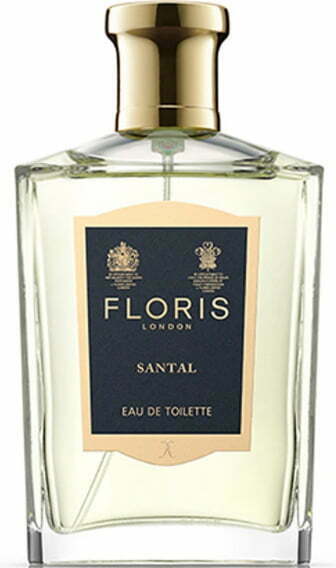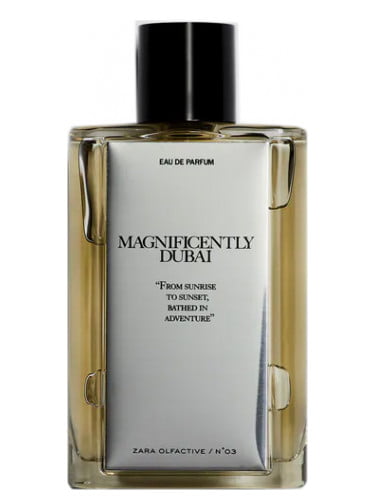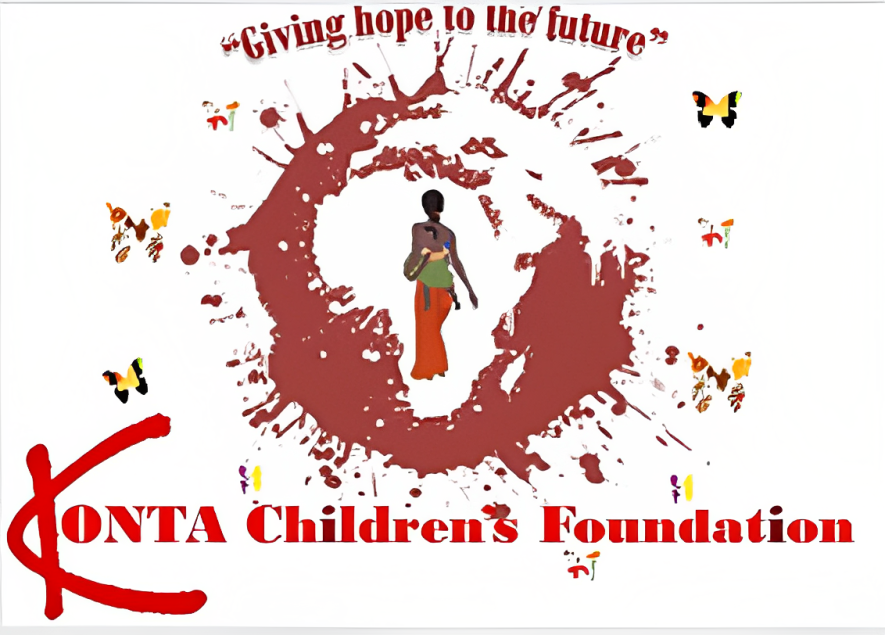A. R. RAHMAN

Allah Rakha Rahman (pronunciationi; born A. S. Dileep Kumar; 6 January 1967) is an Indian music composer, record producer, singer, songwriter, musician, multi-instrumentalist and philanthropist, popular for his works in Indian cinema; predominantly in Tamil and Hindi films, with occasional forays in international cinema. He is a winner of six National Film Awards, two Academy Awards, two Grammy Awards, a BAFTA Award, a Golden Globe Award, fifteen Filmfare Awards and seventeen Filmfare Awards South. In 2010, the Indian government conferred him with the Padma Bhushan, the nation’s third-highest civilian award.
With his in-house studio Panchathan Record Inn, Rahman’s film-scoring career began during the early 1990s with the Tamil film Roja. Following that, he went on to score several songs for Tamil language films, including Ratnam’s politically charged Bombay, the urban Kadhalan, Thiruda Thiruda, and S. Shankar’s debut film Gentleman. Rahman’s score for his first Hollywood film, the comedy Couples Retreat (2009), won the BMI Award for Best Score. His music for Slumdog Millionaire (2008) earned him Best Original Score and Best Original Song at the 81st Academy Awards. He was also awarded Best Compilation Soundtrack Album and Best Song Written for Visual Media at the 2010 Grammy Awards. He is nicknamed “Isai Puyal” (musical storm) and “Mozart of Madras”.
Rahman has also become a humanitarian and philanthropist, donating and raising money for a number of causes and charities. In 2006, he was honoured by Stanford University for his contributions to global music. In 2008, he received Lifetime Achievement Award from the Rotary Club of Madras. In 2009, he was included on the Time list of the world’s 100 most influential people. In 2013, he introduced 7.1 surround sound technology to South Indian films. In 2014, he was awarded an honorary doctorate from Berklee College of Music. He has also received honorary doctorate from Aligarh Muslim University. In 2017, he made his debut as a director and writer for the film Le Musk.
Allah Rakha Rahman was born as A. S. Dileep Kumar in Madras, Tamil Nadu, on 6 January 1967. His father, R. K. Shekhar from a Mudaliar family, was a film-score composer and conductor for Tamil and Malayalam films. Rahman began studying piano at age four. He assisted his father in the studio, playing the keyboard.
After his father’s death when Rahman was nine years old, the rental of his father’s musical equipment provided his family’s income. Raised by his mother, Kareema (born Kashturi), Rahman, who was studying in Padma Seshadri Bala Bhavan had to work to support his family, which led to him to routinely miss classes and fail exams. In an interview in 2012, Rahman said that his mother was summoned and was told to take him to the streets of Kodambakkam to beg and not to send him to the school anymore.
Rahman attended another school called MCN for a year, and later joined the Madras Christian College Higher Secondary School, where he was admitted on his music talent and formed a band with his high school classmates. However, after discussing with his mother, he later dropped out of school to pursue a career as a full-time musician. Rahman was a keyboard player and arranger for bands such as Roots (with childhood friend and percussionist Sivamani, John Anthony, Suresh Peters, JoJo and Raja) and founded the Chennai-based rock group Nemesis Avenue. He mastered the keyboard, piano, synthesizer, harmonium and guitar, and was particularly interested in the synthesizer because it was the “ideal combination of music and technology”.
Rahman began his early musical training under Master Dhanraj, and at age 11 began playing in the orchestra of Malayalam composer (and close friend of his father) M. K. Arjunan. He soon began working with other composers, such as M. S. Viswanathan, Vijaya Bhaskar, Ilaiyaraaja, Ramesh Naidu, Vijay Anand, Hamsalekha and Raj–Koti, accompanied Zakir Hussain, Kunnakudi Vaidyanathan and L. Shankar on world tours and obtained a scholarship from Trinity College London to the Trinity College of Music. During his early career, Rahman had assisted many music directors to play keyboard and synthesizer. One of the notable works includes a Malayalam film, Ramji Rao Speaking released in 1989 where Rahman and Sivamani programmed a song called “Kalikalam” for the music director S.Balakrishnan.
Studying in Madras, Rahman graduated with a diploma in Western classical music from the school. Rahman was introduced to Qadiri tariqa when his younger sister was seriously ill in 1984. His mother was a practising Hindu. At the age of 23, he converted to Islam with other members of his family in 1989, changing his name to Allah Rakha Rahman (A. R. Rahman).
Rahman initially composed scores for different documentaries and jingles for advertisements and Indian television channels. In 1987 Rahman, then still known as Dileep, composed jingles for a line of watches introduced by Allwyn. He also arranged the jingles for some advertisements that went on to become very popular, including the popular jingle for Titan Watches, in which he used the theme from Mozart’s Symphony no.25.
Rahman (left) receiving a platinum award at the MagnaSound Awards; MagnaSound released his first film soundtrack, Roja, in 1992. In 1992, he was approached by director Mani Ratnam to compose the score and soundtrack for his Tamil film, Roja.
Rahman’s film career began in 1992 when he started Panchathan Record Inn, a recording and mixing studio in his backyard. It would become the most-advanced recording studio in India, and arguably one of Asia’s most sophisticated and high-tech studios. Cinematographer Santosh Sivan signed Rahman for his second film Yoddha, a Malayalam film starring Mohanlal and directed by Sivan’s brother Sangeeth Sivan that released in September 1992.
The following year, Rahman received the National Film Awards (Silver Lotus) award for best music director at the National Film Awards for Roja. The films’ score was critically and commercially successful in its original and dubbed versions, led by the innovative theme “Chinna Chinna Aasai”. Rahman followed this with successful scores and songs for Tamil–language films for the Chennai film industry, including Ratnam’s politically charged Bombay, Thiruda Thiruda and S. Shankar’s debut film Gentleman (with its popular dance song, “Chikku Bukku Rayile”), the urban Kadhalan. Rahman collaborated with director Bharathiraaja on Kizhakku Cheemayile and Karuththamma, producing successful Tamil rural folk-inspired film songs; he also composed for K. Balachander’s Duet, which had some memorable Saxophone themes. The 1995 film Indira and romantic comedies Mr. Romeo and Love Birds also drew attention.













